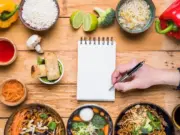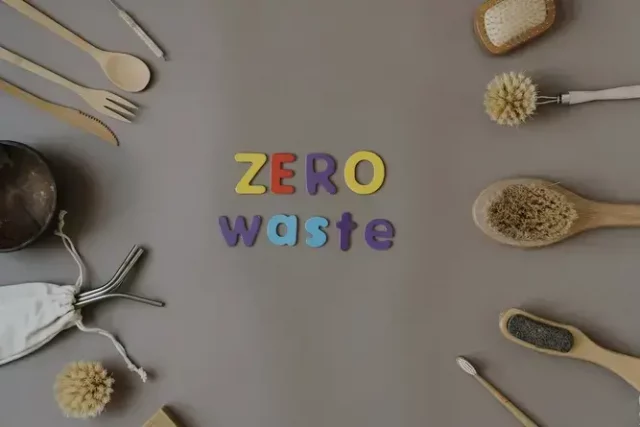According to the UN, the 12th SDG is to practise responsible consumption, and part of that is to ensure not reduced but zero waste when cooking. In recent years, zero-waste cooking has grown in popularity. It is an environmentally friendly way to ensure that what you eat does not harm the environment.
When you cook with zero waste, you reduce your carbon footprint.
Zero-waste cooking may sound fancy, but it is an urgent necessity. You may not need to answer to anyone right now, but each person can actively effect change. Before you begin practising zero-waste cooking, challenge the mindset that is holding you back. It stops you not because it is costly or difficult, but because adjusting to a new pattern or way of life is difficult. Once practised, zero-waste cooking can make you feel great because you know you’re doing your part to keep Mother Earth safe for a little longer- because that’s waste that didn’t go to waste. You made the best out of waste.
Some creative ways to reduce food waste in your kitchen are as follows-
- Prepare and eat smaller portions
When you think about it, your family and you end up eating less than you planned and cooked. However, your mind tricks you into cooking in larger quantities because you are constantly concerned that it will not be enough. Cooking less the next time means you can make the same dish twice, which means twice the joy of eating the same dish.
- Freeze! Freeze! Freeze!
The freezer is your best friend; you can freeze food without losing nutrients. Freezing allows you to keep food for a longer period of time, which could include both the ingredients and the food you cooked. It can remain fresh in both cases, saving money, time, and effort.
- The Shelf-life check
Several times, food is purchased from the market without first checking the date of manufacture because you are probably in a hurry or forget to check or assume that it has not expired and has many days or months left. However, this is not the case; supermarkets take advantage of this consumer psychology, and you frequently end up with an expired or near-expired product. This can and must be avoided if you simply check the date before purchasing the food product. This ensures that you can use it for a longer period of time, and what’s more interesting is that you can use things that will expire sooner than others strategically.
- The Power of Peels
You’ll be surprised to learn that vegetable and fruit peels can be used in a variety of ways. The obvious use is in compost, but there are some other interesting uses, such as powdering orange peels to make a face mask. Vitamin C improves the appearance of your skin, pomegranate peels are used in dyeing, and potato peels make great chips when fried in olive oil. Watermelon rinds are used to make pickles, and apple peels are used to make delicious jams. It’s truly amazing how many gifts Mother Nature provides, but people tend to take them for granted.
- Head-to-Tail policy
The entire body of the animal is used in cooking in many cultures. For example, Parisis, Goans, and Nepalese use livers, intestines, and kidneys. In Bhutan, people use all parts of the animal and cook it with some of the animal’s blood. It may seem strange to use it all, but these parts are often fattier, making your dish taste better. When you use offlas exclusively in your cooking, you truly honour both the animal and the environment. Throwing away animal parts as scraps is a waste, but adopting the head-to-tail policy makes it far more sustainable than you might think.
Give zero-waste cooking a try; you are not doing Mother Earth a favour; you owe it to her to protect her from the exploitation that occurs on a daily basis. Cooking with zero waste is a small step in the right direction. It has the potential to revolutionise cooking for you and make it memorable as you vow to yourself to use every last ingredient and component that goes into it.










































